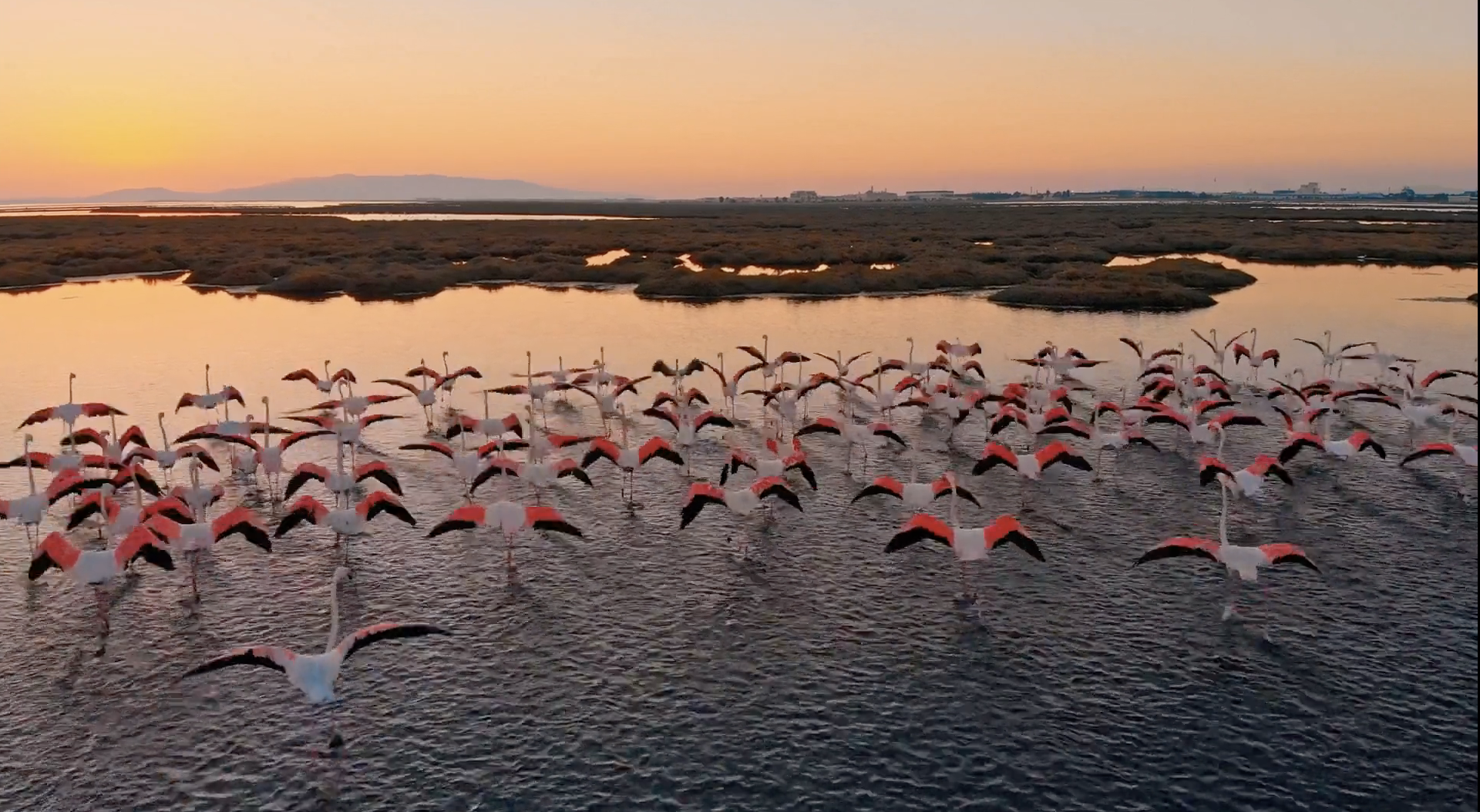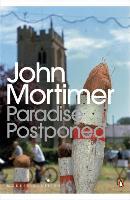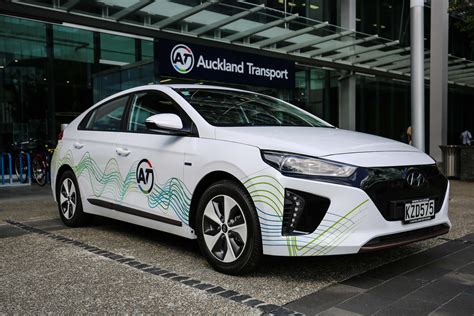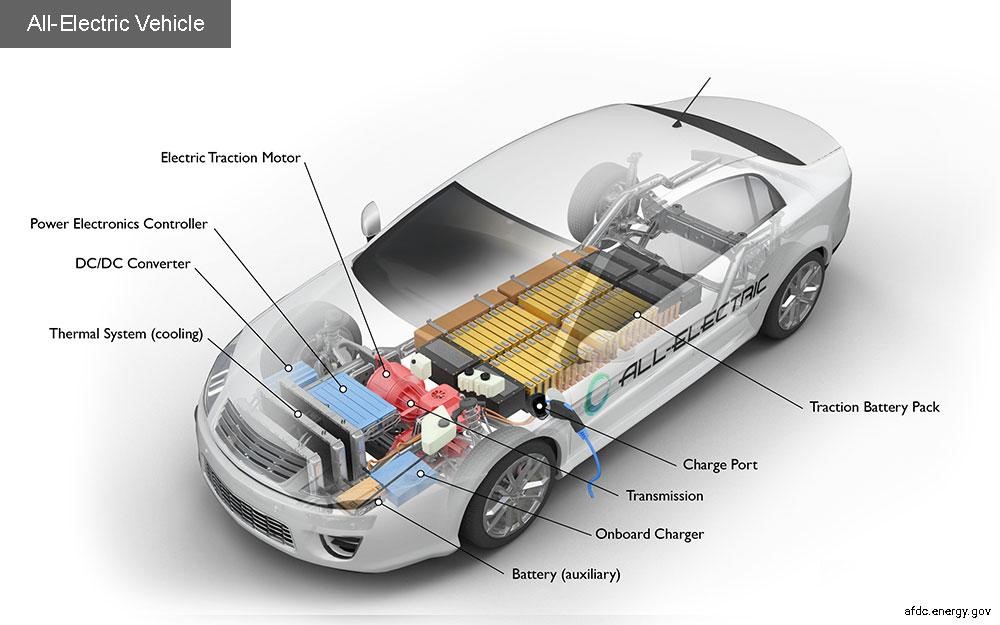 Our Special Interest Groups met by Zoom yesterday.
Our Special Interest Groups met by Zoom yesterday.The Bookworms
Reviews of “Where the Crawdads Sing” by Delia Owens describe it as 'Painfully beautiful' - New York Times, 'Unforgettable . . . as engrossing as it is moving' - Daily Mail, and 'A rare achievement' - The Times. It is soon to be a major film.

For years, rumours of the 'Marsh Girl' have haunted Barkley Cove, a quiet town on the North Carolina coast. So in late 1969, when handsome Chase Andrews is found dead, the locals immediately suspect Kya Clark, the so-called Marsh Girl. But Kya is not what they say. Sensitive and intelligent, she has survived for years alone in the marsh that she calls home, finding friends in the gulls and lessons in the sand. Then the time comes when she yearns to be touched and loved. When two young men from town become intrigued by her wild beauty, Kya opens herself to a new life - until the unthinkable happens.
The Bookworms had a lively discussion on Monday: led by Ian Bentley, we compared our opinions about “Where the Crawdads Sing” by Delia Owens.
We were all engrossed by the plot and the pace of the book, with the suspense of a possible murder trial always present. The descriptions of the North Carolina marshes were an eye-opener for us all.
The credibility of the story was discu ssed: how bad was the family scene, if the mother walked out on her children? Could an abandoned girl survive in the swamp, and avoid most of human contact (including truant officers) as Kya did? How did she survive the loneliness? So we compared the concept of being alone with loneliness.
ssed: how bad was the family scene, if the mother walked out on her children? Could an abandoned girl survive in the swamp, and avoid most of human contact (including truant officers) as Kya did? How did she survive the loneliness? So we compared the concept of being alone with loneliness.
We compared the characters of her two “boyfriends”: Chase, the spoiled rich boy, and Tate who deserted her when he went to college, but later returned to help her. The murder trial and her alibi were also questioned, as was the possibility of her eventual success as an author.
However Owen’s writing was so realistic and convincing, we ended up discussing Kya as if she were a real person: even Kya's poetry provoked some differing opinions.
We all enjoyed the book, and our ratings of it were between 8 and 9.5 out of 10. We now look forward to the movie, which is due for release in June 2022.
If you are bored during the lockdown, we recommend this book for you.
Next up?
Why not join us in reading and discussing our next selection: “Paradise Postponed” by John Mortimer?

No, it’s not another Rumpole of the Bailey book, but “An exquisitely drawn saga of ancient rivalries and class struggles, featuring a glorious cast of characters, Paradise Postponed is a delicious portrait of English country life by a master satirist.”
"When Simeon Simcox, a socialist clergyman, leaves his entire fortune not to his family but to the ruthless, social-climbing Tory MP Leslie Titmuss, the Rector's two sons react in very different ways. Henry, novelist and former 'angry young man' turned grumpy old reactionary, decides to fight the will and prove their father was insane. Younger brother Fred, a mild-mannered country doctor, takes a different approach, quietly digging in Simeon's past, only to uncover an entirely unexpected explanation for the legacy."
 he outset by Dennis Shore (in the guise of Devil’s Advocate) asking why it was necessary for government to ‘incentivise’ (forgive me) the purchase of EVs at all, since it was inevitable that they will replace vehicles with internal combustion (IC) engines, and few car companies will continue to manufacture IC vehicles anyway.
he outset by Dennis Shore (in the guise of Devil’s Advocate) asking why it was necessary for government to ‘incentivise’ (forgive me) the purchase of EVs at all, since it was inevitable that they will replace vehicles with internal combustion (IC) engines, and few car companies will continue to manufacture IC vehicles anyway.